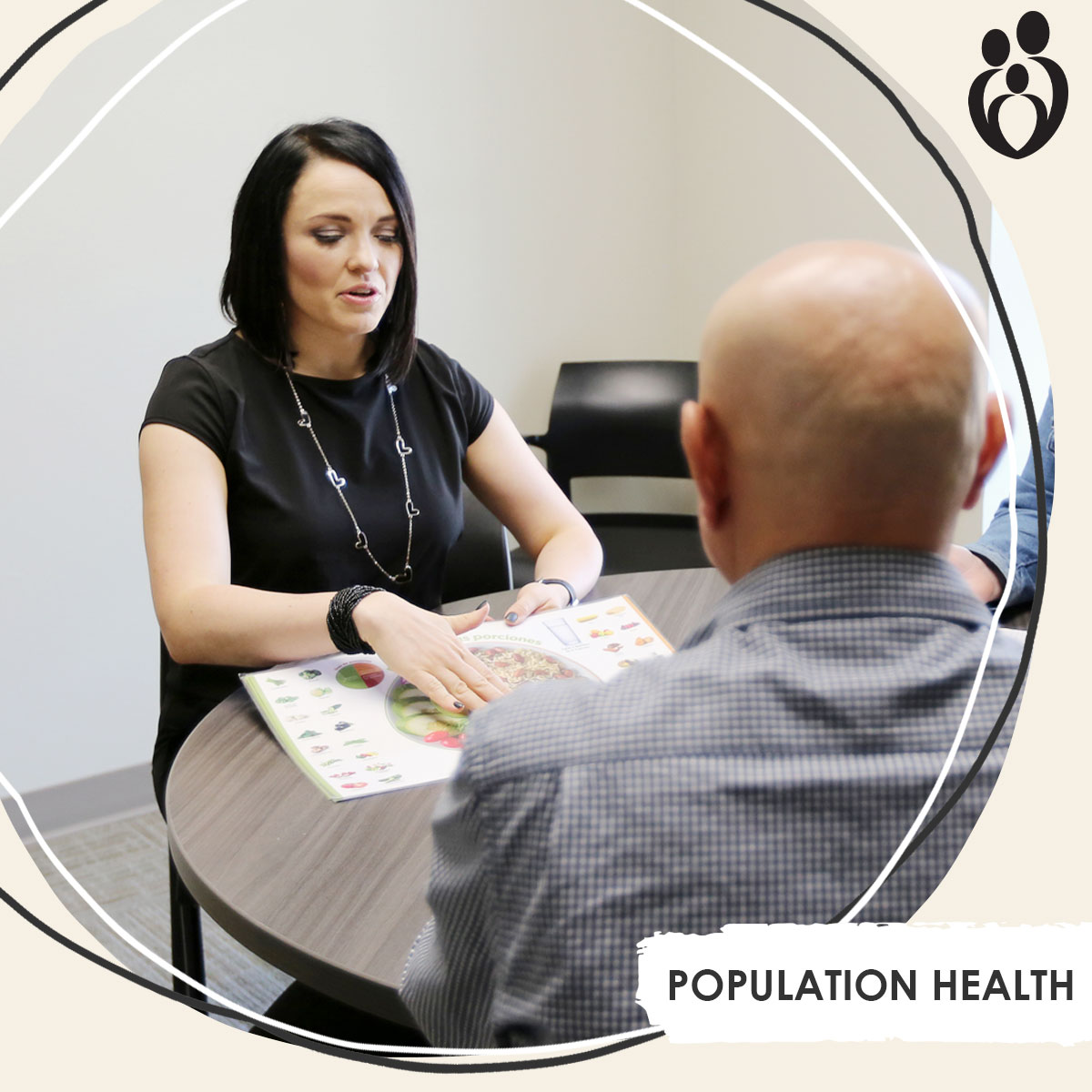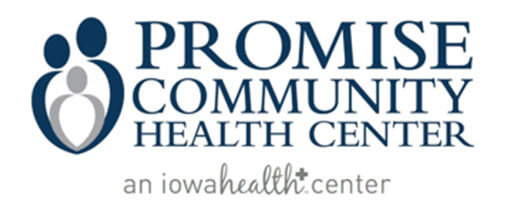
It’s Tuesday. You get a phone call from your doctor’s office. You were expecting this as you had an appointment and had blood drawn yesterday. The nurse says that everything looks good, except that your cholesterol is high. You’ve heard about cholesterol, and know that having high cholesterol isn’t good, but you’re not entirely sure what that means. She says there is medication that can treat it and that lifestyle change can improve your outcomes, but you hate taking medicine, so you opt for lifestyle change. You hear her tell you some things you can do, but you’re distracted by all the questions running through your head, and the buzzing on your phone of work emails coming in. So, you decide you’ll just google it later.
Does this scenario feel familiar at all to you? You’ve received information regarding your health from the doctor’s office, and promptly forgotten what they’ve told you? I find that this seems to happen a lot with the patients that I meet with to discuss possible lifestyle changes they can make to improve their health, and their health outcomes. High cholesterol, or hyperlipidemia, is one of those conditions that has the potential to be reversed with lifestyle change. “But why should I even care about my cholesterol levels?”, you may ask. Good question. Elevated cholesterol levels, especially elevated cholesterol levels over a long period of time can lead to some pretty grim outcomes such as heart disease, blood clots, strokes, and heart attacks. You won’t have symptoms with high cholesterol, and so you can’t really “feel” if it is worsening. While your doctor may recommend medication to help treat and lower your cholesterol levels, there are actions you can take in your everyday life that will help improve your levels and decrease your risks for those grimmer outcomes. Here are my top five tips as a Nurse Health Coach for reducing your cholesterol levels and improving your overall health.
1. EAT MORE FIBER
The average American diet lacks the recommended amounts of dietary fiber. The average American is eating about 15 grams of fiber daily, which is about half of the recommended 25 – 30 grams of fiber daily. Adding more fiber to your diet is one of the most powerful tools you have for improving your cholesterol levels, and also has many other health benefits. Foods high in fiber include fruits, vegetables, nuts, legumes, and whole grains. Pro tip: If you do not eat much fiber and are wanting to increase your fiber intake, start slowly and continue to increase your fiber content as your intestines can tolerate. Going from a low fiber to a high fiber diet overnight can cause bloating and gas that may deter you from sticking with more fiber diet. Increasing fiber rich foods over time can help avoid that discomfort.


2. EAT HEALTHY FATS
I know it sounds counter-intuitive to say eating fats will improve your cholesterol levels. We need fats in our diet, but we need to focus on the right kinds of fats. Again, the American diet does not naturally lend to focusing on heart healthy fats, so you will have to make an effort to accomplish this. Focus on unsaturated fats by cooking with olive oil or avocado oil at home. Include fatty fish, avocados, nuts, and seeds regularly in your diet.
3. MOVE YOUR BODY
The best form of exercise to decrease your cholesterol level is the one that you like and will do consistently. Modern life has allowed us the convenience and luxury of becoming much too sedentary, and our bodies are paying for it. Go for a walk, dance, do an exercise video, lift weights, bike, swim, do some yoga, or experiment with all of them! Intentionally moving your body daily will not only improve your cholesterol levels, but also improves energy levels, mood, and even helps you sleep better. Even 5 minutes a day is better than no minutes of movement a day.

4. AVOID TRANS FATS AND LIMIT SATURATED FATS
Avoid trans fats completely if possible. Trans fats have largely been removed from most foods, but still are used in some foods. You can find a list of items that still contain trans fats aquí. Saturated fats are found in most animal products. Easy ways to decrease saturated fats are to eat lean meats without the skin, use butter sparingly, and opt for low fat dairy products. When choosing meats, choose lean cuts. When in doubt read the nutrition label which will tell you how much trans and/or saturated fats are in that food. Learn how to read a nutrition label aquí.
5. AVOID FRIED FOODS
I’m not saying you have to eliminate fried foods completely. Everyone enjoys some sort of fried goodness from time to time, but if you really want to be serious about changing those cholesterol numbers, you really should limit having fried foods to no more than 1-2 times a month. Try other methods of cooking foods such as baking, grilling, air frying, sautéing, roasting or broiling.
Lifestyle change can be challenging and feel overwhelming. You don’t have to make all changes overnight. Start small. Pick one thing on this list that you can take one step toward this week, and do it. My most successful patients are the ones that make changes one step at a time, creating habits that last a lifetime; a lifetime of better health, increased energy, and overall wellness.
Health coaching is a free service provided to Promise patients. If you want help changing your lifestyle too, call Promise today and make an appointment with one of our providers.

